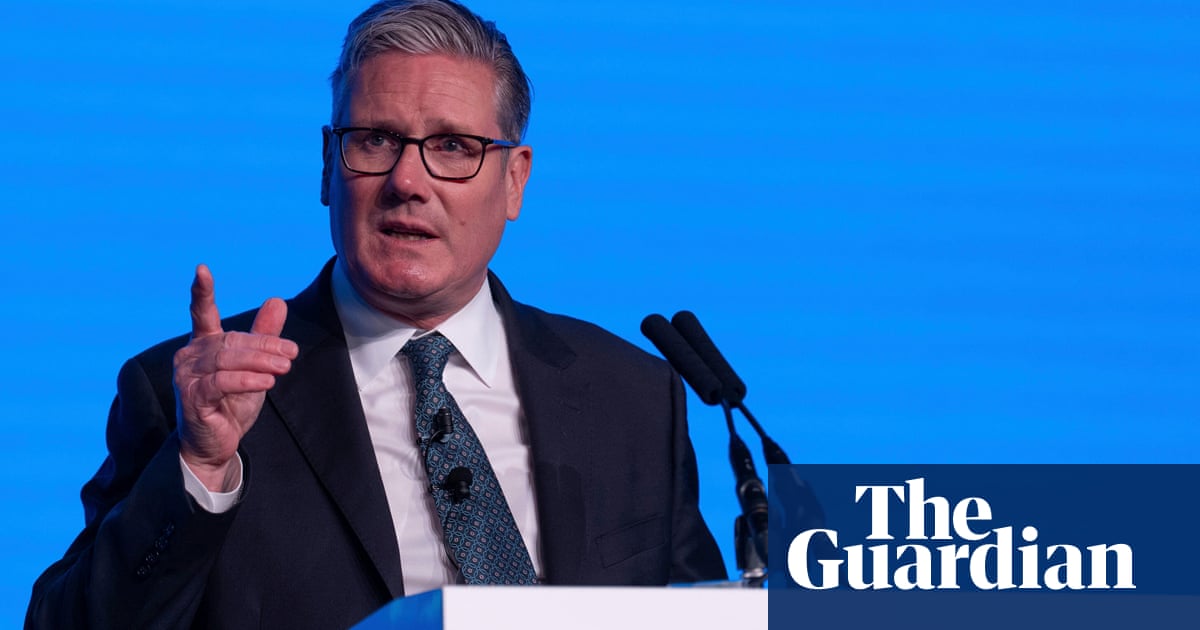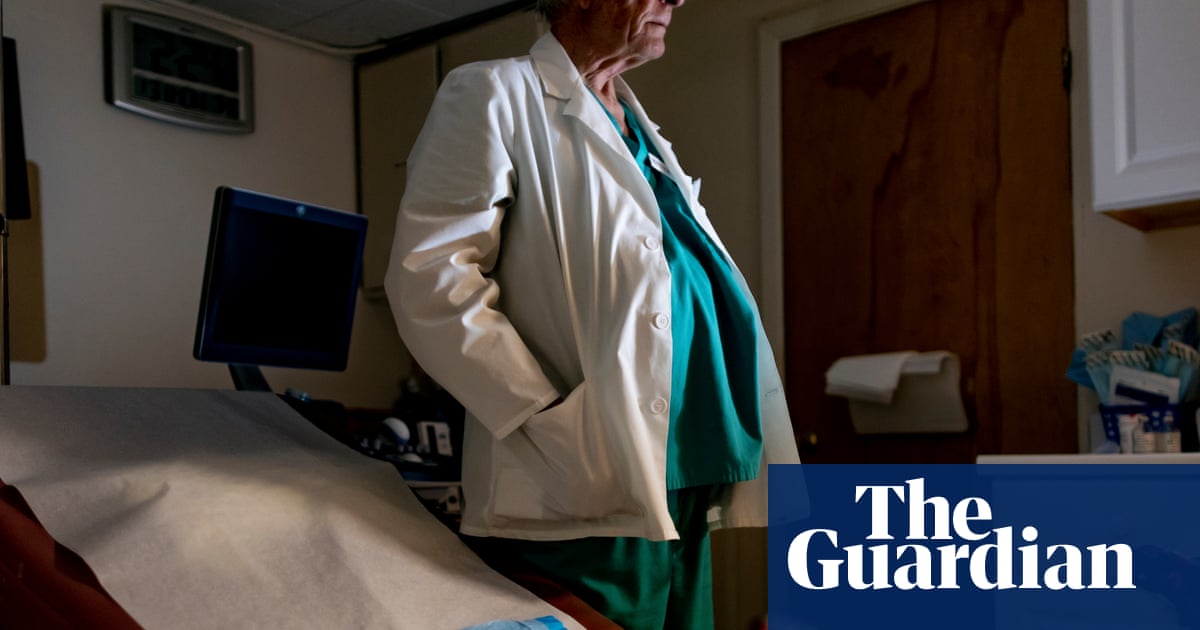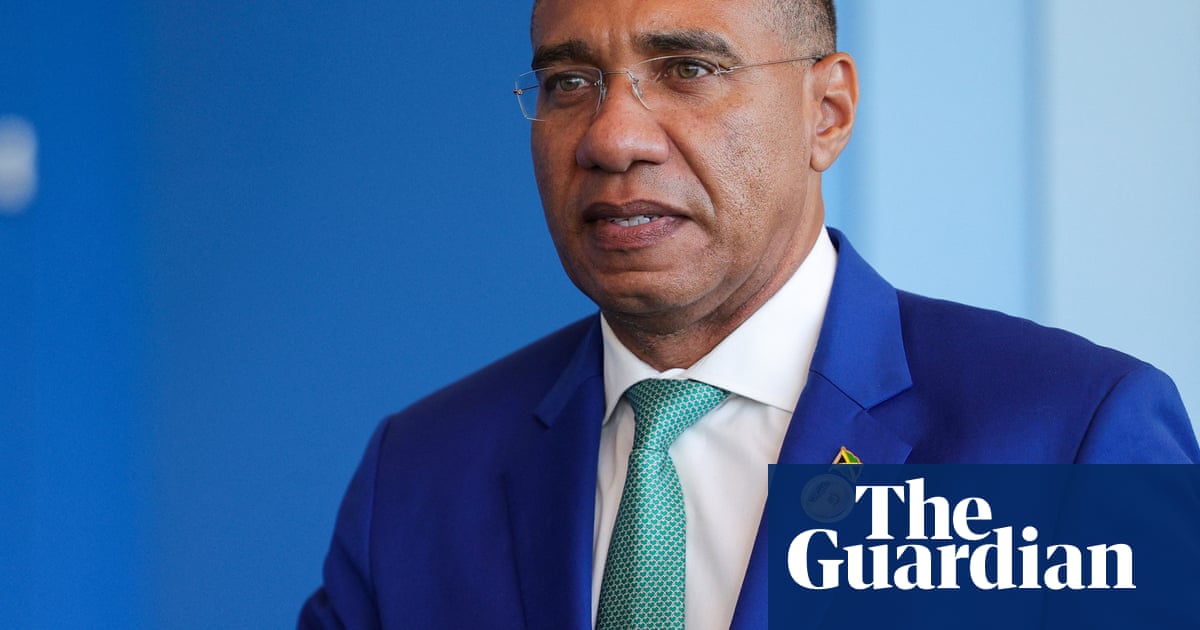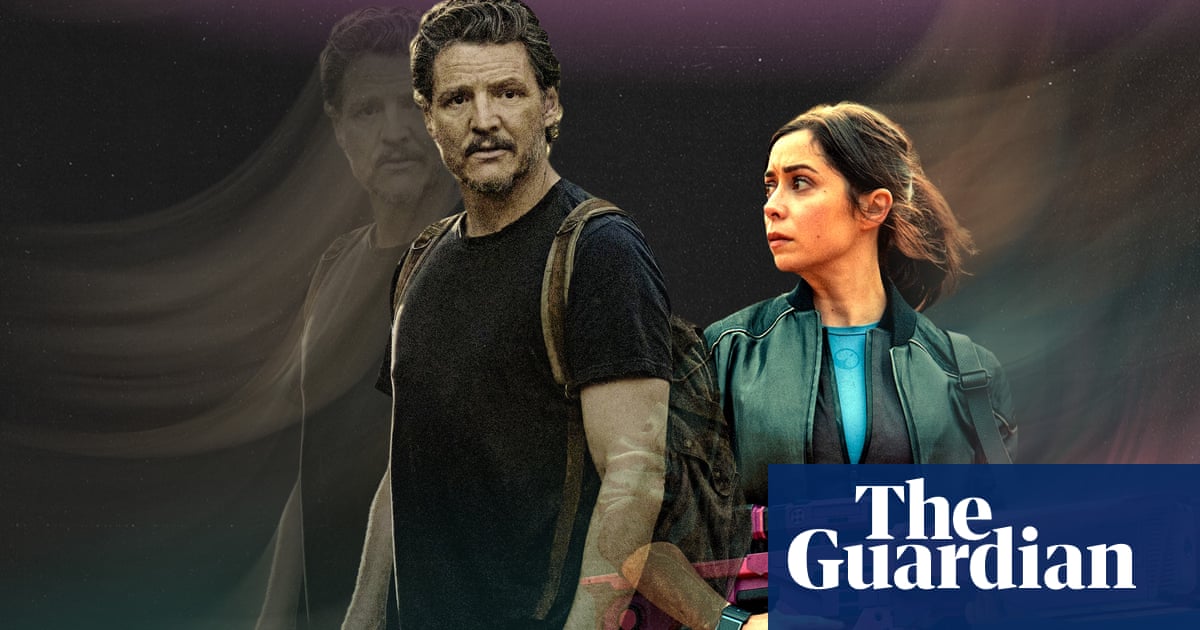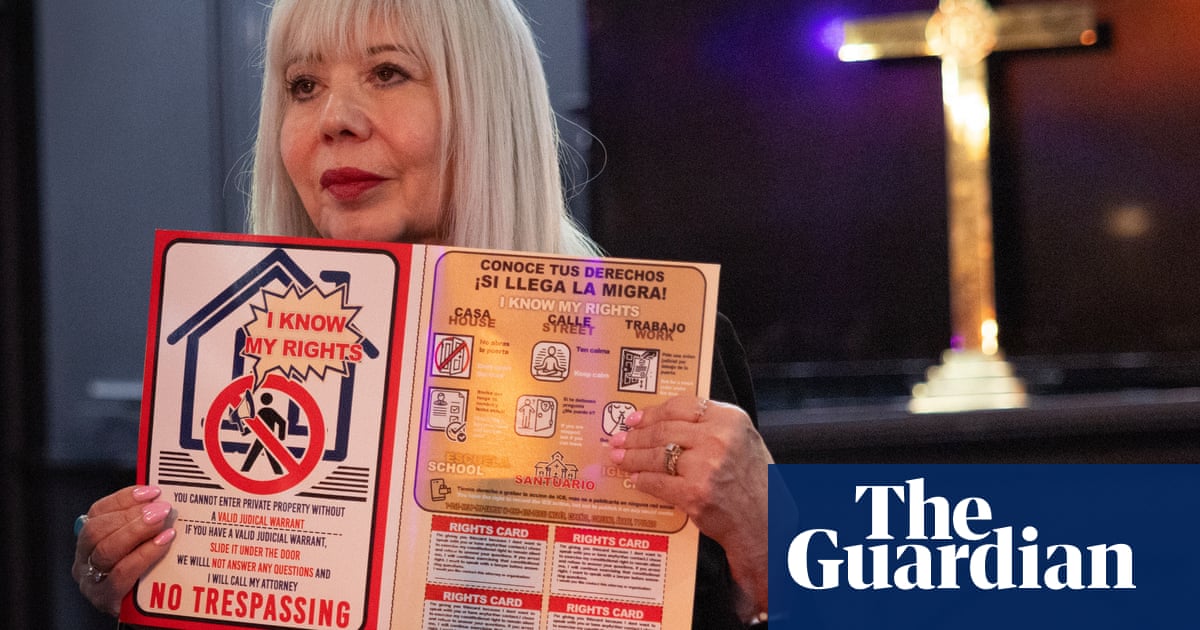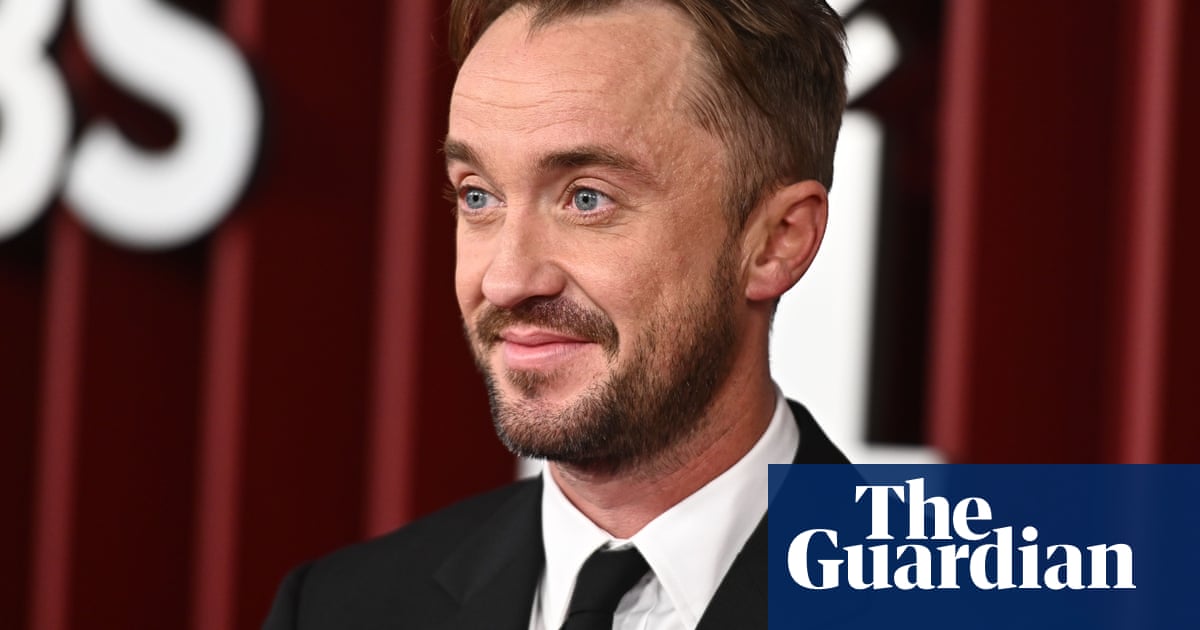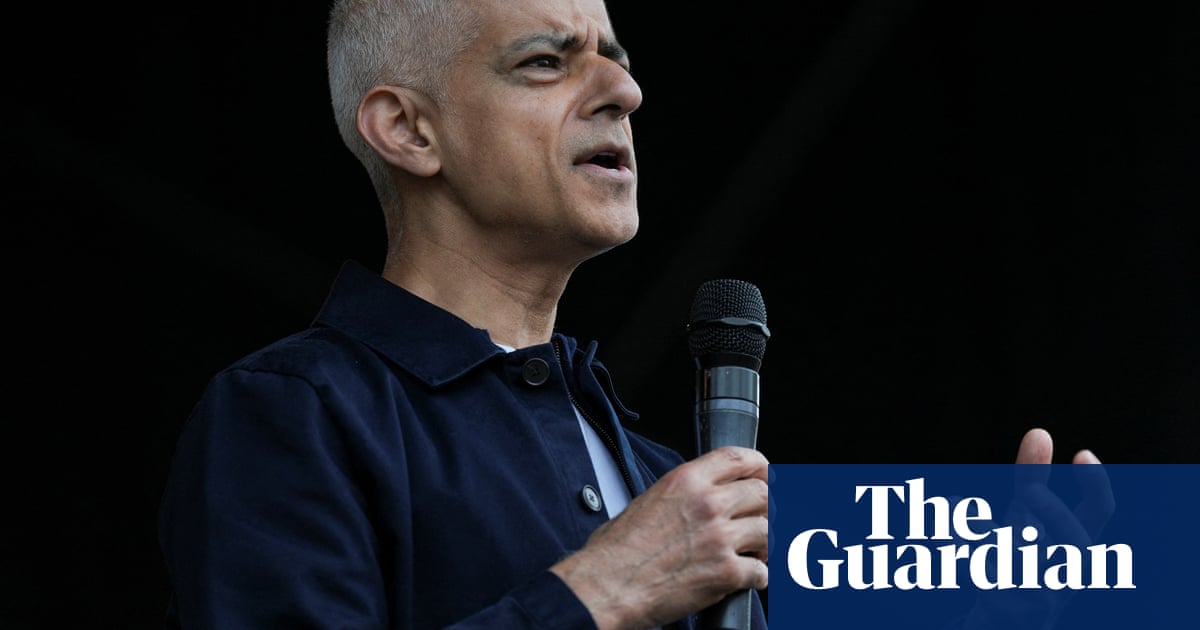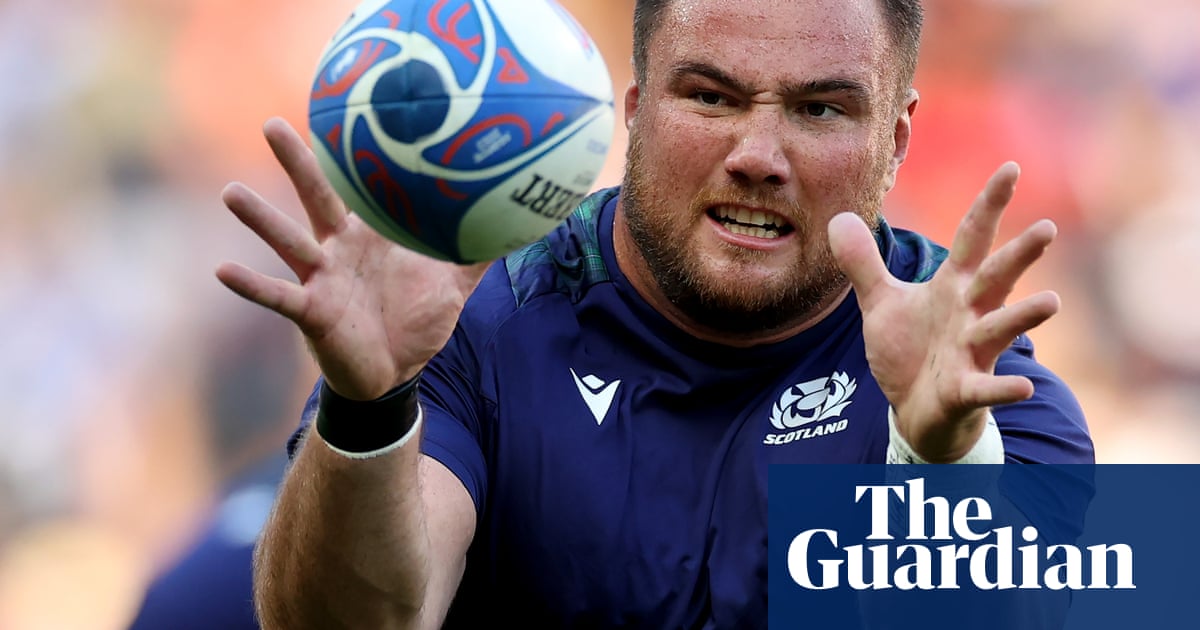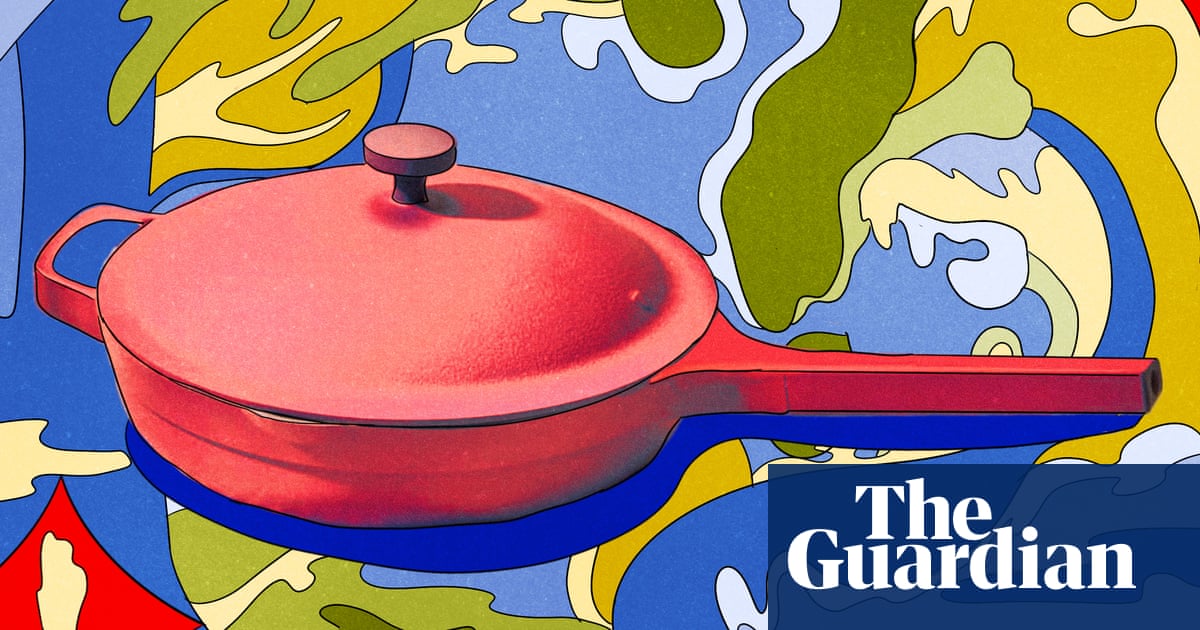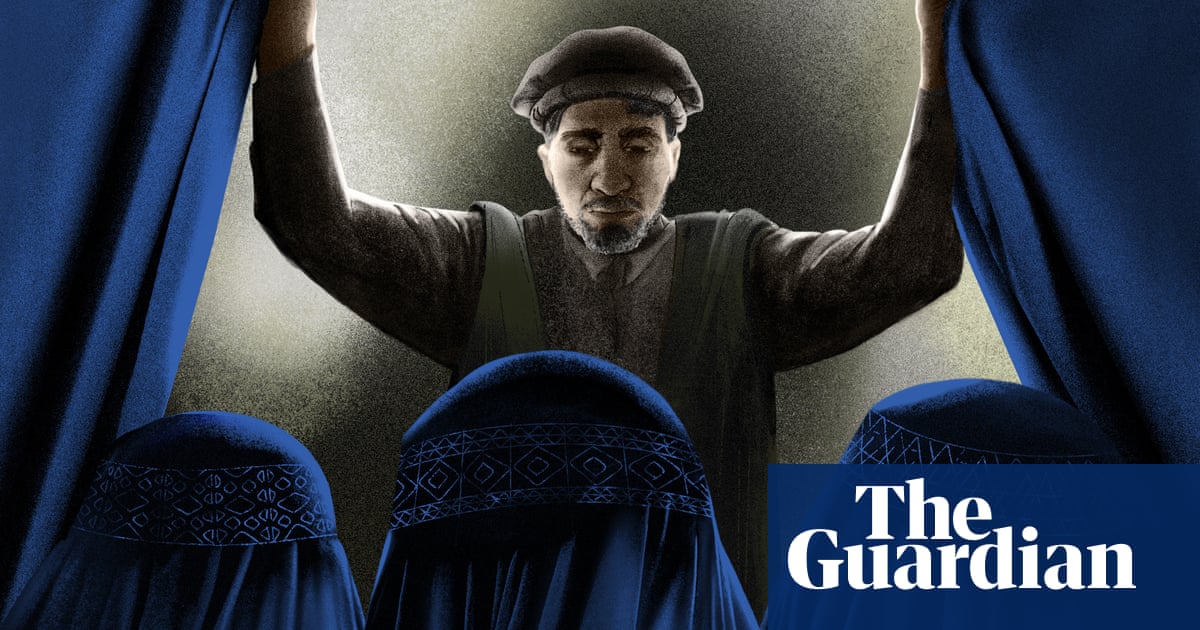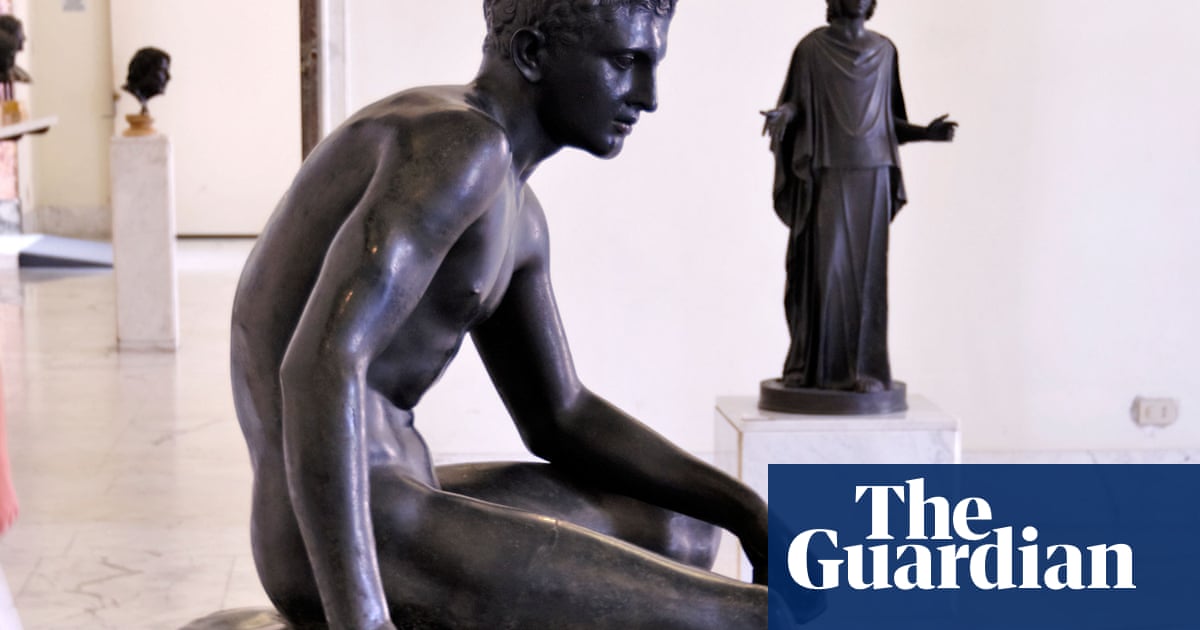In the liner notes to 2023’s Lost Takes – which excavated the tapes that had served as Roberta Flack’s audition for Atlantic Records over half a century earlier – the poet Harmony Holiday wrote that Flack possessed “the voice of the idyllic afterlife you’d want to arrive in after the end of a dysfunctional world”.
Indeed, Flack sang like she was equally conversant with the ecstasy of faith and the agony of life. The dignified richness of her vocal was tempered by the subtly volcanic power she displayed on her reading of To Sir With Love off Lost Takes – a not-so-quiet fire that always resided within her.
She grew up in awe of Mahalia Jackson but, doubting she’d ever match the gospel pioneer’s fearsome pipes, dedicated herself instead to piano. At 15, she won a scholarship to study piano at Howard University, where – after the singer she’d been booked to accompany at the annual freshman talent show got cold feet – she sang Henry Nemo’s wartime pop standard Don’t Take Your Love From Me and won the competition. Subsequently, she focused her studies on singing, becoming assistant conductor of the university choir and directing a production of Aida.
While singing standards in Washington DC nightclubs after graduation, she enraptured pianist and singer Les McCann, who sent her to Atlantic’s studios. There, in a 10-hour marathon in early 1969, she recorded her debut album First Take, an uncompromising and ambitiously diverse collection comprising Leonard Cohen covers, soulful tunes penned by future collaborator Donny Hathaway and Ballad of the Sad Young Men, a powerful salute to gay men who lived their lives in secret. But it was her cover of Ewan MacColl’s folk standard The First Time Ever I Saw Your Face – an almost unbearably intimate, desolate recording, used brilliantly by Clint Eastwood in his 1971 directorial debut Play Misty for Me – that sent the album to the top of the charts, selling more than 2m copies and winning Flack the first of numerous Grammys.
First Take set the tenor for albums of substance and character that were informed as much by her classical and gospel roots as the soul milieu she was marketed to, but still scored hits. Quiet Fire, released in 1971, returned her to her gospel roots, applying her dignified fervour to songs sacred and secular. The title track of Killing Me Softly, released in 1973, would prove her biggest, most enduring hit. Roberta Flack and Donny Hathaway, an album of duets with the troubled soul auteur, released in 1972, showcased a lighter side to Flack’s signature sound, one she explored further on 1975’s effervescent Feel Like Makin’ Love, with the title track delivering her third chart-topping single.
Flack was badly shaken when Hathaway took his own life in 1979, before they could complete a mooted second album of duets. A subsequent collaboration with Peabo Bryson sired Tonight I Celebrate My Love – its synths and dulcet crooning coining the insurgent adult contemporary genre that would dominate the decade, but the collaboration failed to match the lightning she’d captured with Hathaway. The bold statements of her earlier work gave way to Christmas albums, sets of Beatles covers and the theme tune to NBC sitcom Valerie; still, no one sang them quite like Roberta.
after newsletter promotion
In 2022, two years after receiving a Grammy lifetime achievement award, it was announced that ALS had robbed Flack of her voice, and that she could no longer perform. But behind her, Flack had left a career that was like no other, which was exactly what she’d aimed for. “I didn’t try to be a soul singer, a jazz singer, a blues singer,” she told the Guardian in 2020, looking back on a lifetime she’d spent honing her own voice. “My music is my expression of what I feel and believe in a moment.”

 3 months ago
58
3 months ago
58

